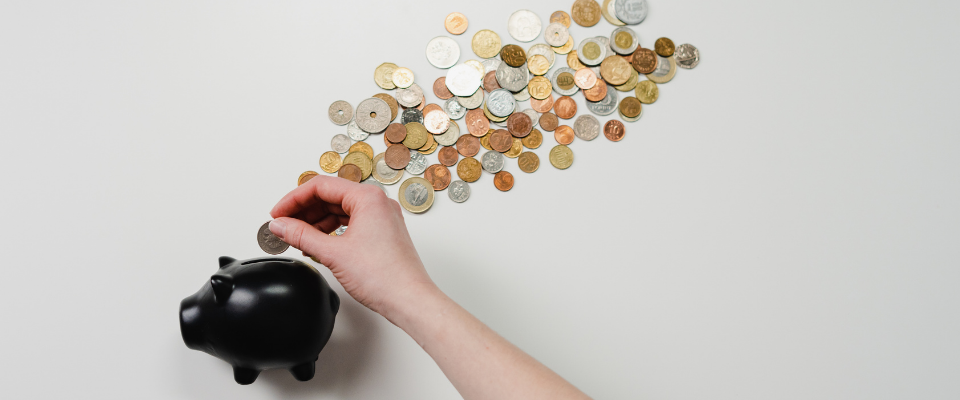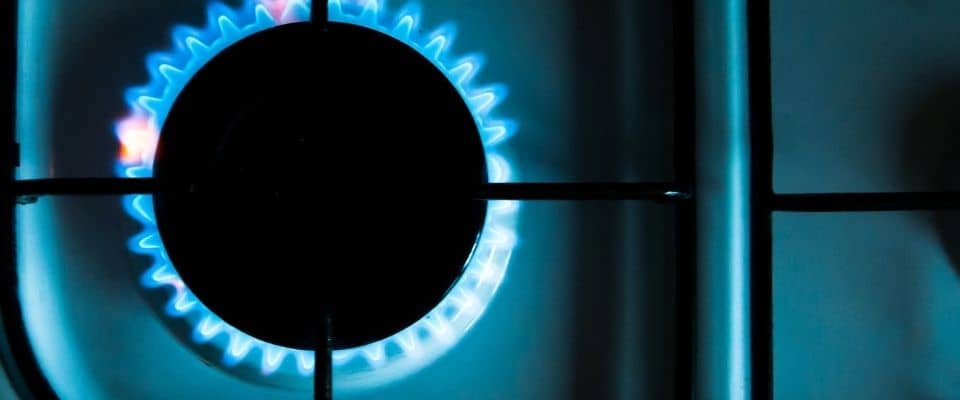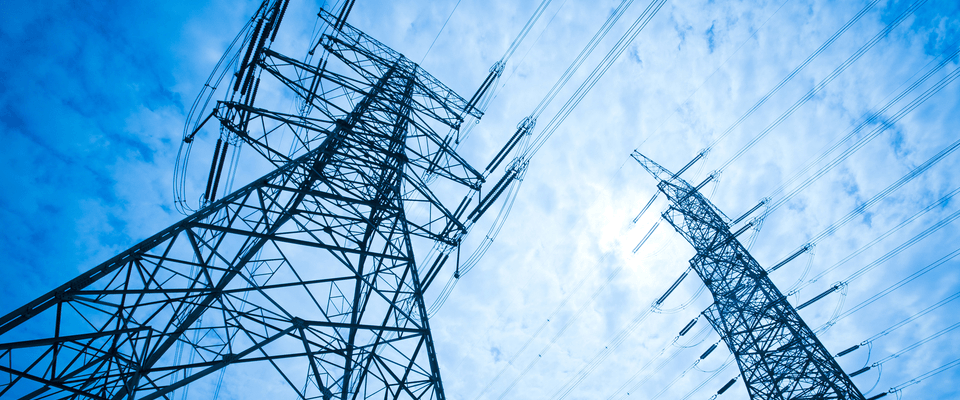
Inflation in 2020: energy prices lower than in 2019
0.74%: this was the average annual inflation rate for 2020 in Belgium, according to a statement from Statbel. This therefore means that consumer prices have increased very little this year. In comparison, this rate was 1.47% in 2019, almost twice as high as in 2020.
The cause of this low inflation is, not surprisingly, linked to the health crisis that brought the whole world to a standstill last March. The energy sector, in particular, has been hit hard.
What will 2021 hold in store for us? Should we expect prices to rise as the economy recovers?
Do you own a business with an energy consumption of more than 100,000 kWh?
Is your business paying too much for energy? Whether you run a small business or a large company, energy costs can eat into your profits. By comparing energy providers, you could lower your rates and save thousands each year.
More expensive food, but plummeting energy prices

The exceptional situation imposed on us by COVID-19 has seen two opposing trends emerge in consumer prices:
- On the one hand, food prices have risen overall in the past 12 months for a variety of reasons. One is that Belgian consumers have had to shop more to eat at home.
- On the other hand, the stagnation imposed by the “lockdown” caused the demand for oil, and therefore its price, to fall. Through a domino effect, this also drove down the prices of electricity and gas, which are highly correlated with the price of oil. It should also be noted that there has also been a considerable drop in mobile subscription prices.
The first trend thus cancelled out the effects of the second and vice versa, which explains the low level of change in the general inflation rate.

Fuel oil, gas and electricity at rock bottom prices
According to Statbel’s December 2020 report, the price of fuel oil has fallen by 27.7% over the past 12 months as a result of the limited economic activity between March and May. Similarly, fuel prices fell by 7.7%. The price variations in these liquid fuels are still unsettling, although the price of oil is already doing a little better than a few months ago. By way of comparison, in September 2020, the 12-month difference was -39.1% for the price of heating oil!
The price of natural gas, meanwhile, is down 8.4% from the previous year. Again, this gap could have been much larger if prices had not picked up a bit lately. As proof, in September, the variation in the price of gas on an annual basis was -15.8%.
Finally, electricity fared slightly better, with “only” a -4.5% price variation between December 2019 and December 2020. The end of the year saw a slight recovery in the price of electricity, since the 12-month deflation was still -7.4% at the start of the school year.
By examining the report from the Belgian price-monitoring watchdog, Observatoire des prix, for the full-year of 2020, we can see that energy price inflation is negative for two consecutive years in Belgium. It is even lower than the rate in the main neighbouring countries (France, Germany, and the Netherlands).
>> Read the full report on heating prices in Belgium
Discover all the energy suppliers promotions!
Compare electricity and gas prices and switch supplier for free in just a few clicks on Energyprice.be.
Forecast for 2021: can we expect a price increase?
Nothing is less certain. Despite the prospect of an economic recovery with the long-awaited arrival of a vaccine, the slowdown experienced by the country in 2020 is expected to continue for some time. This is in any case the opinion of economists. Consumer prices will therefore likely remain at a low average level in 2021, or even in 2022. However, we can expect that the inflation rate will probably be positive, and higher than that of 2020. This increase is not surprising, however, given the abysmal level that prices have reached this year.
In any event, predictions remain difficult, especially when it comes to energy. While the price of oil should logically recover, it is impossible to know when it will return to its pre-crisis level. In addition, the price of gas continues to be impacted by the two previous winters (during which weather conditions had been unusually mild), while the price of electricity could well soar depending on the outcome of the nuclear issue.
So, inflation or not? Stay tuned…
It’s not too late to change your energy contract
At the start of 2021, we are slowly emerging from a difficult period. Between the unfortunate consequences triggered by the coronavirus, there will have been a small positive effect: the fall in energy prices. If at this point you still haven’t changed your contract, now is the time to do it! The good news is that despite a small recovery in recent months, electricity and gas prices remain particularly favourable.
This is all the more true for Belgian households that still have dormant energy contracts. As a reminder, these are contracts that are automatically renewed even though their prices have not been adapted to the current market situation. According to CREG figures published in December, the savings potential of these households could amount to 1,204 euros per year!
Our smart tip: opt now for a fixed price energy contract to protect yourself against any inflation in 2021.
Which energy supplier suits you best? Find it out with a simulation!
Also read on our blog

Moving house invariably involves a number of administrative tasks. It’s not much fun to organize, but unfortunately, it has to be …

Regularly comparing prices for your energy contract is essential. It means you can take advantage of the best market conditions. B…

Some pointers for your choice of gas boiler: low temperature, condensing or even micro-CHP, which should you go for? To give you a…
